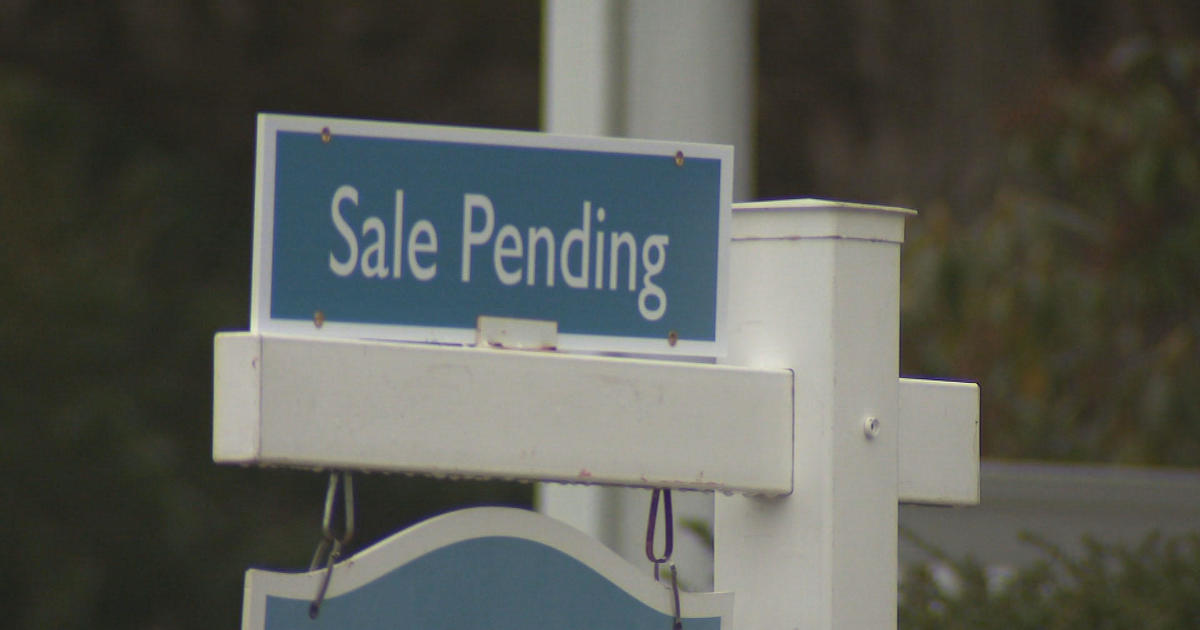Daylight Saving Time And Its Effect On Your Pets
DETROIT (WWJ) There may be a lot of bleary eyes this Sunday morning, as the clocks go forward at 2 a.m. and we lose an hour of sleep to Daylight Saving Time. So how does that affect your pets?
Veterinarian Dr. Nicole LeVec of Natural Healing Pet Care says while there's no science to prove dogs and cats can tell time, many seem to know when it's time for dinner and other events.
"They don't realize that the time has changed so they're still running on their own time," LeVec said to WWJ's Dr. Deanna Lites. "It's going to take, just like a child, there will be some transition."
LeVec says it's more of an issue when the clocks go back and dinner time is an hour later. That can prompt cats, in particular, to agitate their owners for food at the previous dinner hour.
"They're creatures of habit, I think they do taht so well. They know when it's food time, and when you come home, they know, 'OK, Mom has to put her purse down here, then she has to put her hacker here, then I get fed.'"
Lauren Wozniacki of Waterford notices that with her two dogs.
"They definitely start bugging me early for dinner ... We just have them get used to it," she told WWJ's Sandra McNeill.
It can take time for some dogs and cats to get into the new routine.
But it's worse for Wozniacki in the fall, when the clock slips back an hour, and the dogs want her to get up an hour earlier than usual for breakfast.



